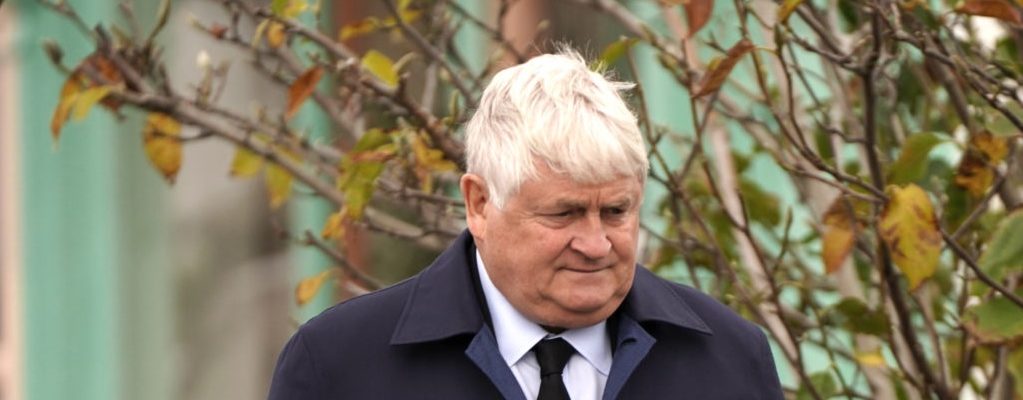
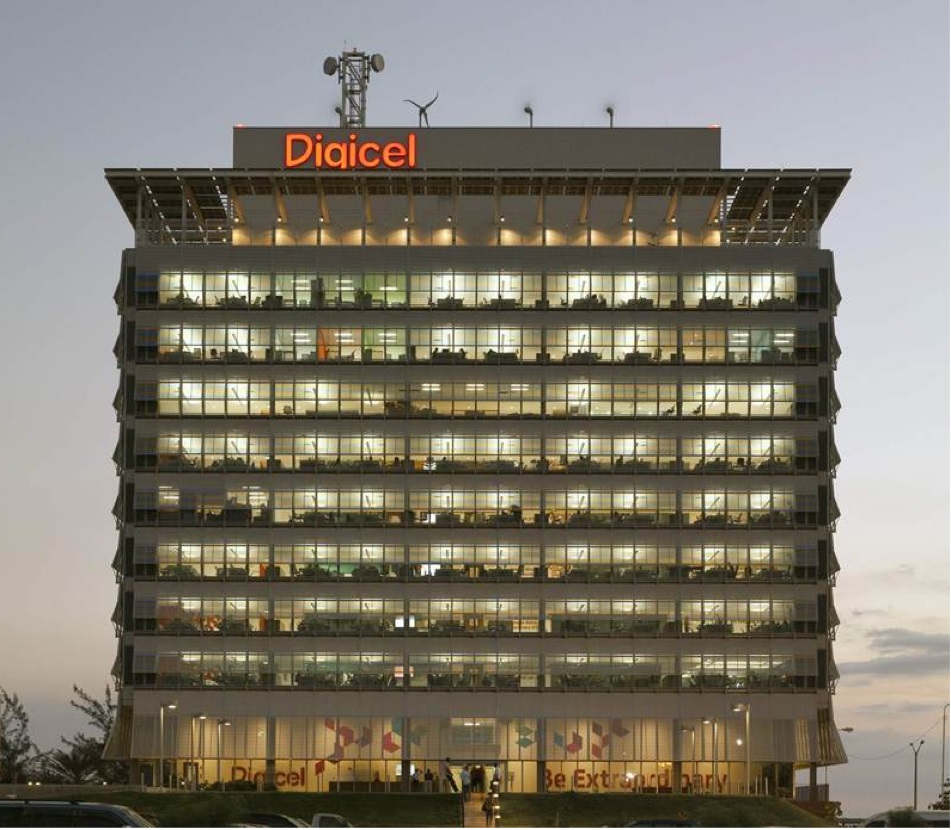
As winter begins its inexorable transition into early spring, it can still remain cold and chilly.
Digicel must find US$925 million to make good with bondholders by next Wednesday (March 1).
It is a bridge too far and founder and chairman Denis O’Brien must now turn to the forbearance of bondholders who should prudently look at the bigger picture.
Stamping their feet, becoming insistent and demanding will ultimately be to their detriment. Already these unsecured bonds are trading below 40 cents on the dollar and are likely to sink lower.
This is very much a case of take what you can get now or end up with next to nothing.

Digicel has been in tough spots before when it comes to refinancing and O’Brien has proven time and time again to be the great escapologist. This will be the third major overhaul since 2019 and each time bondholders have gone along with the programme.
Digicel is asking for a 30-day extension and, by all accounts, this will be granted, allowing the telecoms company to make good and put in place a more extensive restructuring plan to address its debt mountain of around US$4.5 billion.
The end of the glory days
Beginning operations in 2001, Digicel went on to become a major force in the region, expanding quickly on a debt leveraged junk-bond approach. For years the cash rolled in, but it is now caught by the pincers of unfortuitous circumstances.
The age of cheap money is over as the world moves away from quantitative easing to quantitative tightening with interest rates going up.
Not too long ago, Digicel was in 32 markets and was able to shift into other businesses.

Making a fortune from voice and favoured over competitors, it was all blue skies. Then came the OTT players. WhatsApp dammed Digicel’s river of money.
It pivoted into cable TV and entertainment offerings. Digital was the new frontier. Streaming giants like Netflix, Apple TV, Hulu and Disney have cut the legs under cable and entered the zeitgeist with the term “Netflix and chill” taking on prescient meaning for Digicel.
Digicel earns in weak Caribbean currencies (in its major markets) and must pay down its debt in US dollars – a bitter pill to swallow and particularly painful. Haiti is now on its knees in social and economic turmoil. That market is no longer as fruitful for Digicel.
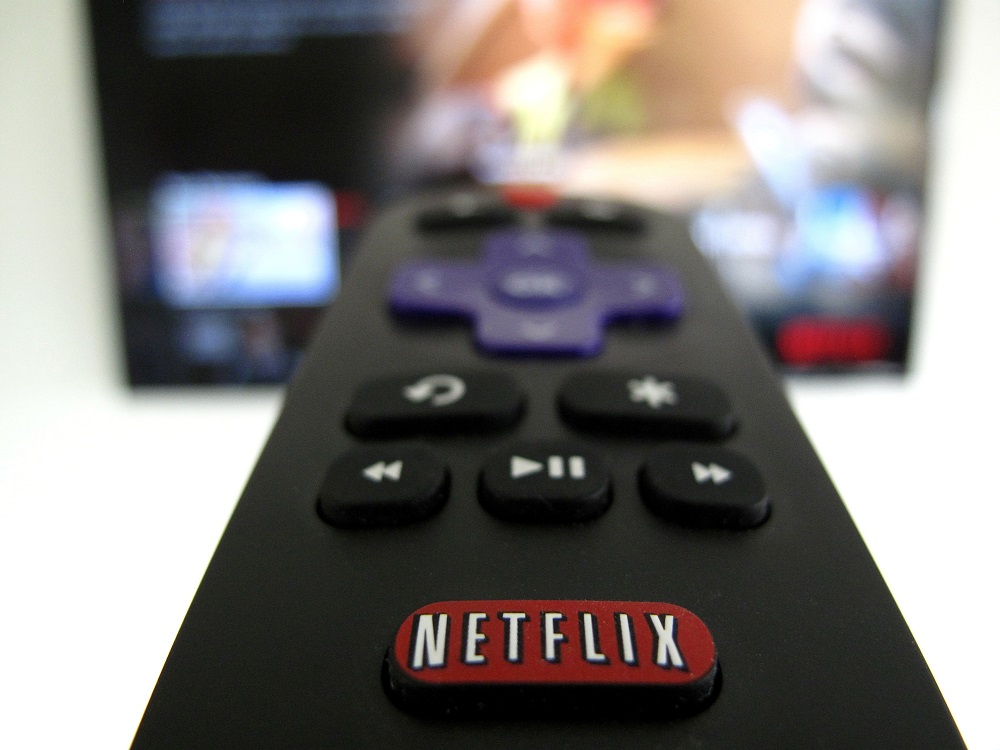
The salient question was always going to be: By going into aggressive expansion mode, would Digicel generate handsome cashflows to meet its debt obligations?
The answer is apparently not.
The sting of Fitch
The litany of misfortune continues with renown global rating agency Fitch downgrading Digicel earlier this week.
It’s explanation here was instructive: “Digicel has limited liquidity to face US$925 million unsecured notes maturing in March 2023. The company’s consent solicitation to amend the notes’ indenture contemplates the establishment of a 30-day grace period before a default in the payment of interest or principal constitutes an event of default as defined in the 2023 notes. The grace period can be extended up to 90 days should the company enter into a restructuring support agreement with its creditors.
“Digicel is entering a distressed situation given that over 70 per cent of the debt within the Group is maturing within the next 18 months. This has resulted in the three entities (Digicel Limited, Digicel Group Holding Limited and Digicel International Finance Limited) Issuer Default Rating (IDR) equalised at the same level. The IDR’s reflect the increased likelihood that the Group will enter a debt restructuring with creditors. A rating upgrade is unlikely prior to a debt restructuring.”
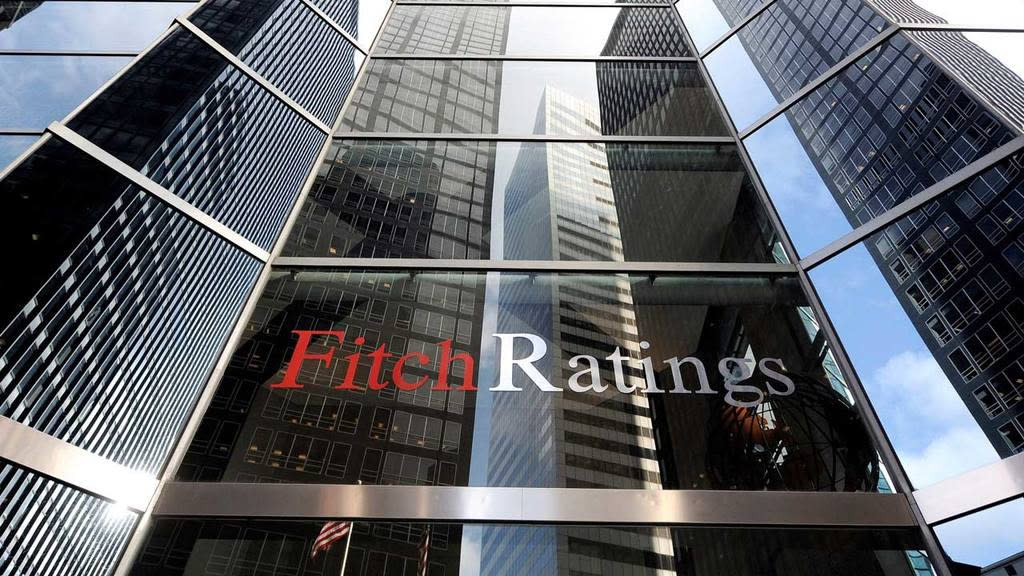
In May of 2020, Digicel had unsustainable debts of $7.4 billion with revenues for the year ending March 2020 of just $2.3 billion. To its credit, and with the sale of its Pacific assets, it has reduced its debt to $4.4 billion, so the trajectory is encouraging. But time is running out. In less than two years it faces the prospect of being engulfed by another huge debt wave that could see it unmoored.
The problem of weak liquidity and cashflow
Fitch has honed in on Digicel’s primary problem and it must quickly find the solution.
“DL faces USD925 million in note maturities in March 2023. The subsidiary has minimal cash, as USD90 million of the USD96 million of DL’s consolidated cash was at DIFL and its subsidiaries at Sept. 30, 2022. DIFL faces USD2.2 billion in secured debt maturities in May 2024 and is projected to generate neutral FCF in Fiscal year 2024. DGHL’s standalone cash was USD315 million as of December 2022.
“DGHL’s consolidated financial debt as of September 2022 was approximately USD4.4 billion, of which USD2.8 billion was at DIFL, USD1.0 billion at DL and USD600 million at DGHL. In addition, about USD100 million of interest has accrued. DGHL’s debt includes USD215 million of payment-in-kind perpetual convertible notes. Approximately USD1.2 billion of DIFL’s USD2.2 billion of debt maturing in 2024 is fixed-rate debt at risk of resetting at higher rates.”
This is what Digicel must now do
With its back against the wall, Digicel has to fight its way out and the pugnacious Denis O’Brien is the one to lead the charge. It would be folly for the bondholders to abandon him now and he might just get the company he built out of this pickle.
Last time out he injected some $50 million of his own money. He will have to reach into his pockets and find considerably more. A sacrificial offering will have to be made to the bondholders – of that there can be little doubt.
Stick with core business lines and sell superfluous ones. It’s time to reach for the life boats and keep what is absolutely necessary. Digicel now has to rein in expenditure. If it’s not making significant money, get rid of it.
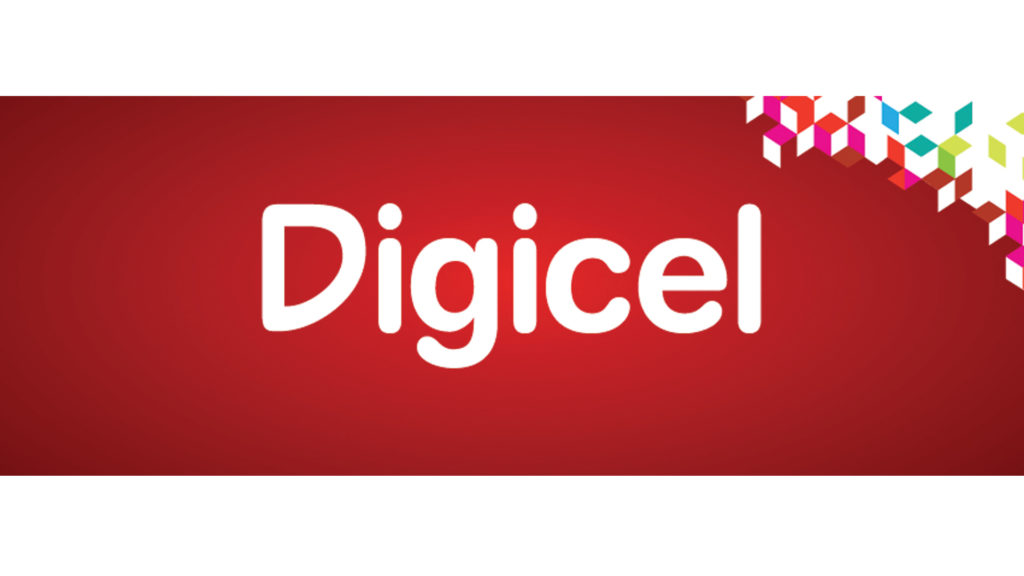
Significantly reduce operating expenditure and that means cutting its pay roll and slim down its staff numbers. There is no point bringing on high numbers of ex-pats that cost it a fortune. Many of them hang around for a couple of years and then are gone.
Digicel doesn’t need mercenaries for this battle – it needs dedicated soldiers who are battle-hardened. There are ex-pats there who know the terrain and are good at what they do. Rely upon them more. They are committed to the cause. Being at Digicel shouldn’t simply be a pay day.
Cyrus had the Immortals; Napoleon, The Imperial Guard; Alexander,The Companions. Digicel should take on this die-for-the-cause mentality.
Lean more on local talent. This has been an Achilles heel for too long and must be paid attention to. Nationals are more inclined to fight for their markets and know the respective cultures and how to operate within them.

Will Denis O’Brien now consider relinquishing a more substantial stake in the Digicel Group? Giving up equity may not be his thing but, after 20 years and taking on so much debt, he may have to think about it as he ponders what card to play.
For some time now, it has been mooted that the Government of Jamaica should acquire Digicel’s business there and then lease it back to O’Brien and his team to run. This may give it much-needed cash and alleviate some of its problems. Perhaps this can be evaluated and the ramifications considered.
Digicel has proven that a monopoly is not in the best interests of Caribbean markets. It has become a household brand and it would be a pity if that was not to continue.

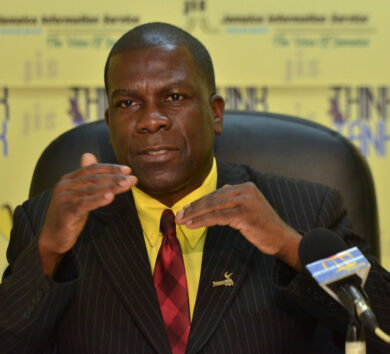
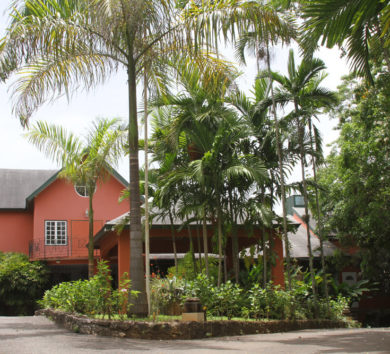
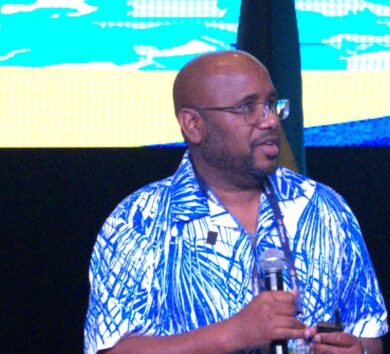

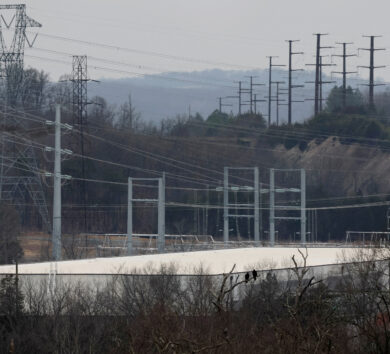
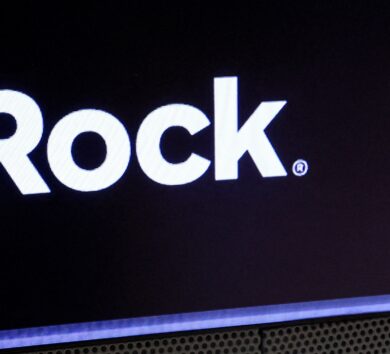
Comments